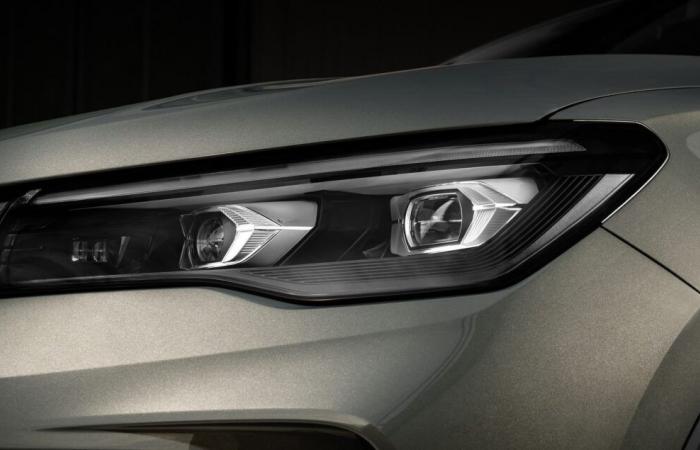You don’t need to be a renowned statistician to realize that the rise of electric cars in Western Europe has caused the average prices of new cars to rise. We will obviously not talk about the occasion since electric vehicles suffer the exact opposite fate with an often significant discount, but in manufacturers’ catalogs, battery-powered vehicles have pushed prices upwards since 2020. But this trend may will it still be verified in 2024? In fact, it seems that we have reached a plateau for electric cars which are now taking the opposite path: they are becoming less and less expensive. But then, why isn’t the average price falling?
Too expensive, the thermal engine?
If Europe actually wishes to confirm the end of the combustion engine in 2035, it could be helped by the pricing policy of manufacturers who are inexorably increasing the price of gasoline, diesel or mild hybrid vehicles. Paradoxical, when we know that the technology is more than a hundred years old and that it no longer evolves much in general (there are always pistons, camshafts, cylinder heads, injectors…). But the reason may perhaps be found elsewhere: ever more stringent depollution standards are greatly complicating the mechanics, thereby becoming more expensive.
At this rate, if thermal models continue to rise, the regulation desired by Europe will no longer be done politically, but through prices! Analyst Jato cites some examples: “In Germany, while the prices of electric vehicles increased by 5.2% between 2019 and 2024, the prices of combustion engine vehicles increased by 26.1%. In Spain, the prices of electric vehicles increased by 1 .9% while those of combustion engine vehicles increased by 17.7%. In the United Kingdom, the prices of electric vehicles increased by 16.5% and by 29.4% for those of combustion engine vehicles.. In France, prices of electric cars fell by 6.4% during this period, while prices of combustion engine vehicles increased by 10.4%.. The only exception is Italy, where price increases for electric vehicles (31.5%) have exceeded those observed for combustion engine cars (18.4%).
A dead end for manufacturers?
Why has the share of electric vehicles failed to really take off since the start of 2023 while prices are falling? The arrival of new, more popular models like the Citroën C3, Renault 5 or even Volkswagen ID.2 could make it possible to reach a milestone but this does not completely remove doubts. The inability for many motorists to have access to a socket at home or the virtual impossibility of repairing the central element of the vehicle, which is the battery (due to a lack of repairers, and the blockage of manufacturers) are slowing down the adoption, among other explanations.
The problem remains for manufacturers: how to get electromobility, whose prices are effectively falling, to be adopted by a majority of Europeans who cannot or do not want to buy it? 2035 is fast approaching, and the shower could be cold for some if volumes continue to decline (-25% compared to the pre-Covid period).
The general increase in the price of thermal cars could therefore be a vicious solution : force the customer to buy an electric one by discouraging them with very high prices on thermal ones. But this game remains dangerous: according to JATO, the average price of new vehicles in France is just under €49,000, all engines combined (without weighting by sales). Far removed from the average buyer’s budget which is around €26,000. This is perhaps the reason for the success, year after year, of a certain Dacia Sandero…






